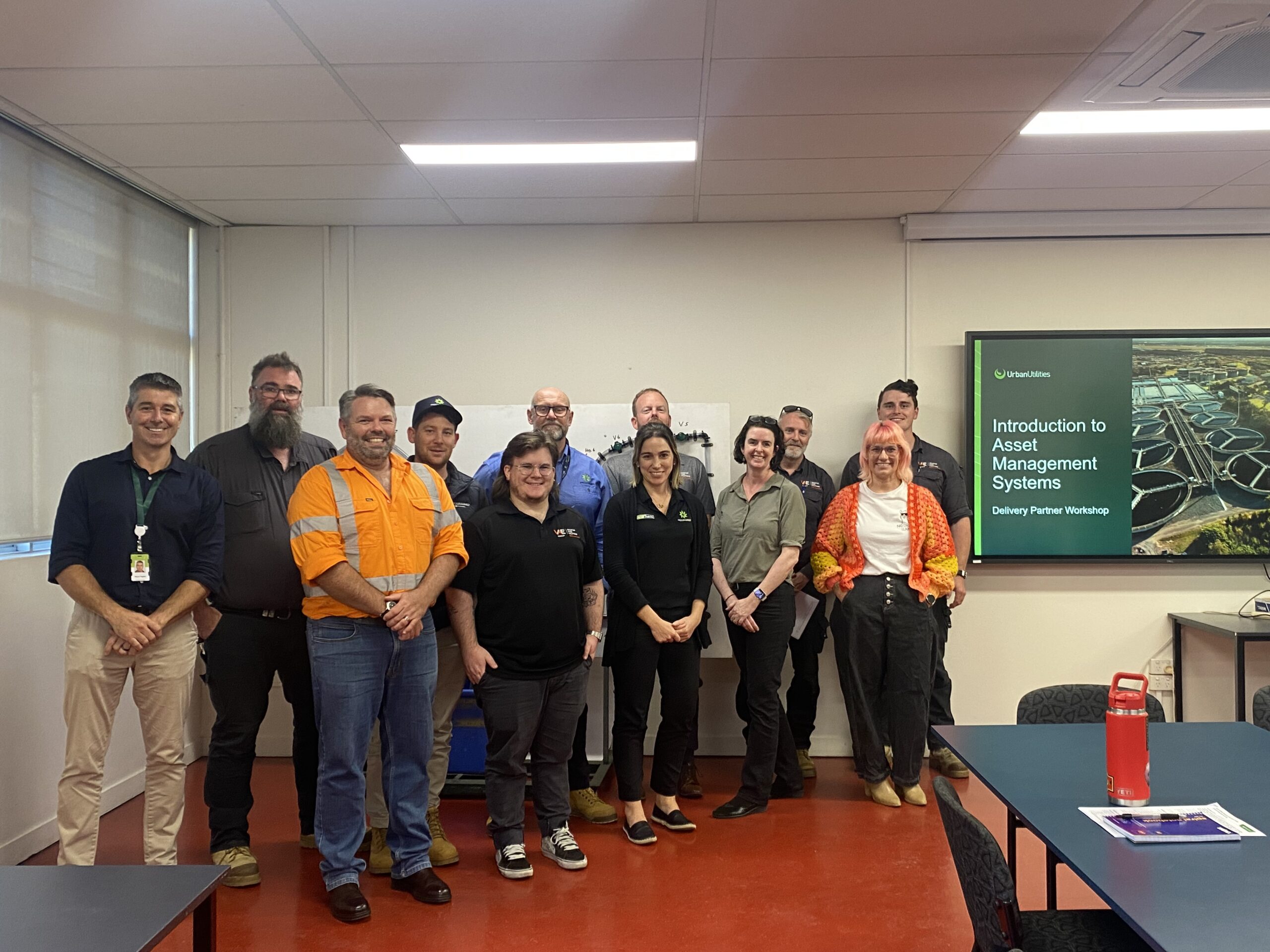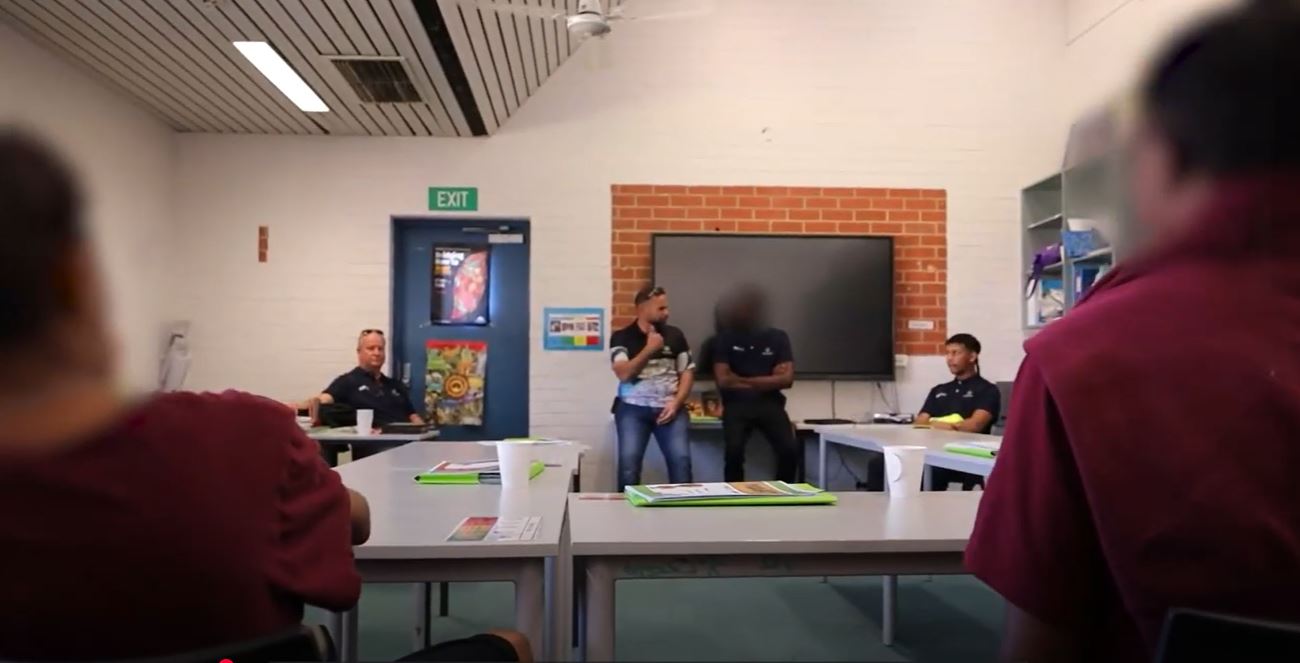By Shah Abdul-Rahman, Head of HSE & Quality – Staffing Division

Programmed is proud of the work we have done to keep our people safe.
Each year we see a year-on-year improvement across our business with our physical injury rates continuing to drop. Our team are out in the field every day, having safety conversations, delivering toolbox talks and working closely with our customers to make sure work environments are safe for our people.
However, like much of society, we have catching up to do in helping our people tackle mental health and wellbeing challenges.
Mental illness is widespread. According to research undertaken by BlackDog Institute, one in five Australians aged 16-85 experience a mental illness in any year with the most common forms of mental illnesses being depression, anxiety and substance use disorders.
Sadly, only 54% of people with a mental illness will seek treatment and support, and many of us would count ourselves as one of these statistics, including myself.
Throughout my working career, I now realise that there have been several periods which, on reflection, I would now categorise as acute periods of mental illness, and ironically as a HSE professional, I never sought any support.
Now armed with more awareness, I look back at these periods and can’t understand why I didn’t seek support. Was it stigma? No-one would have even known that I was using the Employee Assistance Program (EAP), but still, I didn’t use it. Maybe it was a macho thing? I think, in the moment, you have a perception that you don’t want to let:
- Your work suffer or let people think you’re not capable;
- Your family and work colleagues down, or;
- Others believe that you don’t have good coping skills.
The mental health awareness training that I have completed highlights how it’s pretty normal for everyone to go through bouts of mental illness at different times in their lives. There are strategies proven to help you get through those tough times. However, most people still tend to self-manage their symptoms with varying degrees of success.
There are multiple avenues to keep your mental health and wellbeing in check, and it’s always best to have a chat with your GP about what works for you.
Here are a couple of the things that I do to help keep me feeling great:
- Being physically active and getting outside (outdoor-based activities have been proven to be super effective, even if it’s just a walk around the block).
- Talking to colleagues or friends about concerns and circumstances is a great way to get things off your chest, get some perspective and an avenue for support. You’d be surprised about how supportive your co-workers and your manager can be in assisting you through the recovery process.
- I don’t do enough of them, but mindfulness exercises are a great way to help reduce stress and refocus your mind, either by simply focusing on your breath or following a guided meditation on an app like Smiling Mind.
- Leaning on external support networks and online resources for support and tips that you can apply in your daily life. For example, at Programmed, we have a series of resources that our employees can tap into like our recently launched Wellbeing Matters portal, our Employee Assistance Program and Balance2Life portal.
These work for me, and if you’re experiencing similar feelings they may work for you too.
At Programmed, we are taking steps in the right direction to provide our employees with support and resources to assist with personal, family and work-related stresses and situations. The Programmed Wellbeing Matters portal and Balance2Life partnership will continue to evolve, and we encourage our staff to check in with these platforms and leverage off the available support. They are there not only help you in times of need but to keep you fit and healthy, physically and mentally.
We have an extensive suite of tools and support avenues available to all of our employees, including our on-site employees through our EAP provider, Converge in Australia and Vitae in New Zealand. Through our EAP, employees have access to:
- self-help guides and tips
- online live chat services, if you don’t feel up to talking to someone,
- Counselling services that can help you with financial, career and family advice.
So while we’ve made some positive inroads into the arena of mental health, there is a lot more that we can do. So, watch this space as we continue to build on Wellbeing Matters and provide mobile access to mental health resources. We are also looking to continue raising awareness of mental health illnesses through ongoing training and introducing a range of other related initiatives on lifestyle and wellbeing to assist in enhancing personal wellbeing, resilience and contentment.
It’s often easier said than done, but getting support for your mental health is a bit like going to the dentist or getting your car serviced; the longer you leave it, the worse it can get. So if you feel like you can’t seem to shake off the bad days, it’s crucial to speak to your GP or health care professional.





